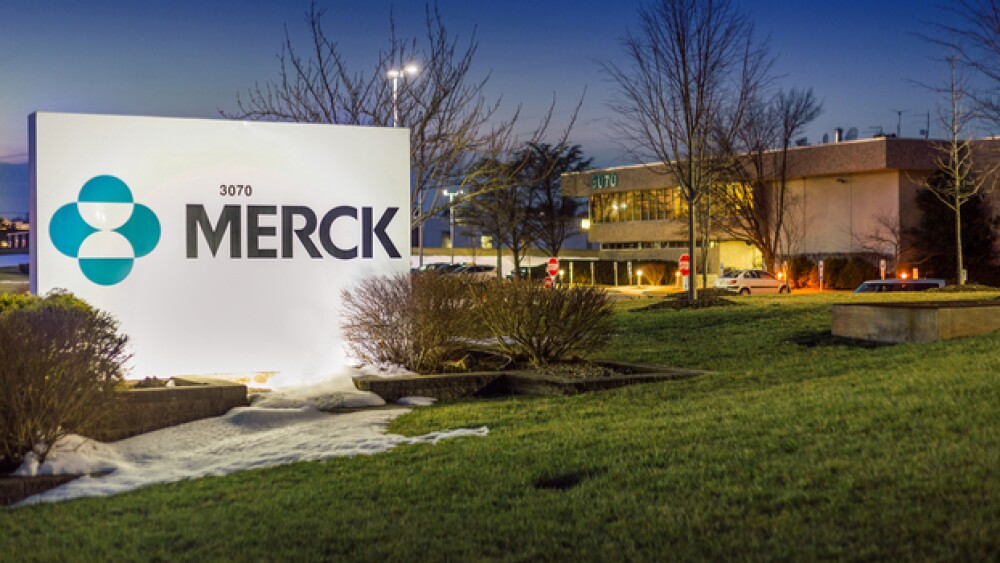Shares of Immune Design are skyrocketing in premarket trading today after Merck announced it will acquire the Seattle-based oncology company for $300 million in cash. Immune Design stock has shot up more than 310 percent to $5.83 in early trading.
Atmosphere1 / Shutterstock.com
Shares of Immune Design are skyrocketing in premarket trading today after Merck announced it will acquire the Seattle-based oncology company for $300 million in cash. Immune Design stock has shot up more than 310 percent to $5.83 in early trading.
Roger M. Perlmutter, president of Merck Research Laboratories, pointed to the portfolio established by Immune Design as an impetus for the acquisition. In a statement, he said researchers at the company have created a “unique portfolio” of ways to approach cancer immunization and adjuvant systems designed to enhance the ability of a vaccine to protect against infection. Perlmutter said the Immune Design platform could meaningfully improve vaccine development. The acquisition of Immune Design “builds upon Merck’s industry-leading programs that harness the power of the immune system to prevent and treat disease,” Perlmutter said in a statement.
Immune Design’s two proprietary technologies, GLAAS and ZVex, are engineered to activate the immune system’s natural ability to generate or expand antigen-specific cytotoxic immune cells to fight cancer and other chronic diseases.
Merck and Immune Design have been working together on the development of an asset known as G100, a potent intratumoral TLR4 agonist. The companies have paired Immune Design’s asset with Merck’s powerhouse checkpoint inhibitor Keytruda (pembrolizumab) for the treatment of follicular lymphoma in patients who have received three previous lines of systemic therapy. Last fall, Immune Design announced it intended to evaluate G100 for Objective Response Rate and to accelerate enrollment in the trial. The company said it expects to use both an open investigational new drug (IND) and submit a new IND for this specific unmet medical need population. That announcement came after Immune Design abandoned its CMB305 program, which had been paired with Genentech’s Tecentriq or relapsed synovial sarcoma. The company said in October that the Phase II trial was not likely to show a survival benefit and decided to discontinue development in favor of G100.
Under terms of the deal, Merck will acquire Immune Design for $5.85 per share in cash. Shares of the company closed at $1.42 per share on Wednesday. The transaction is expected to close early in the second quarter of 2019.
“Merck has a rich history of discovery and innovation and a strong track record of developing meaningful therapeutics and vaccines,” Carlos Paya, president and chief executive officer of Immune Design, said in a statement. “We believe this agreement creates shareholder value by positioning our technologies and capabilities for long-term success with a leading, research-driven biopharmaceutical company.”
Across the country, Merck also entered into a collaboration with Cambridge, Mass.-based Torque. The companies will evaluate Torque’s Deep IL-15 Primed T Cells (TRQ-1501) both as a single agent and in combination with Keytruda in a Phase I/II study in multiple solid tumor indications. The Phase I/II trial will evaluate the safety, tolerability, immune biomarkers, and overall response rates achieved with the combination therapy.
Torque CEO Bart Henderson said his company’s new class of cellular immunotherapy is “designed to harness the full biology of natural T cells for treating multiple solid tumors.” Henderson said the company believes the combination with Keytruda, an anti-PD-1 therapy, will “further enhance the function of these cells by protecting them against immunosuppression in the tumor microenvironment.”





